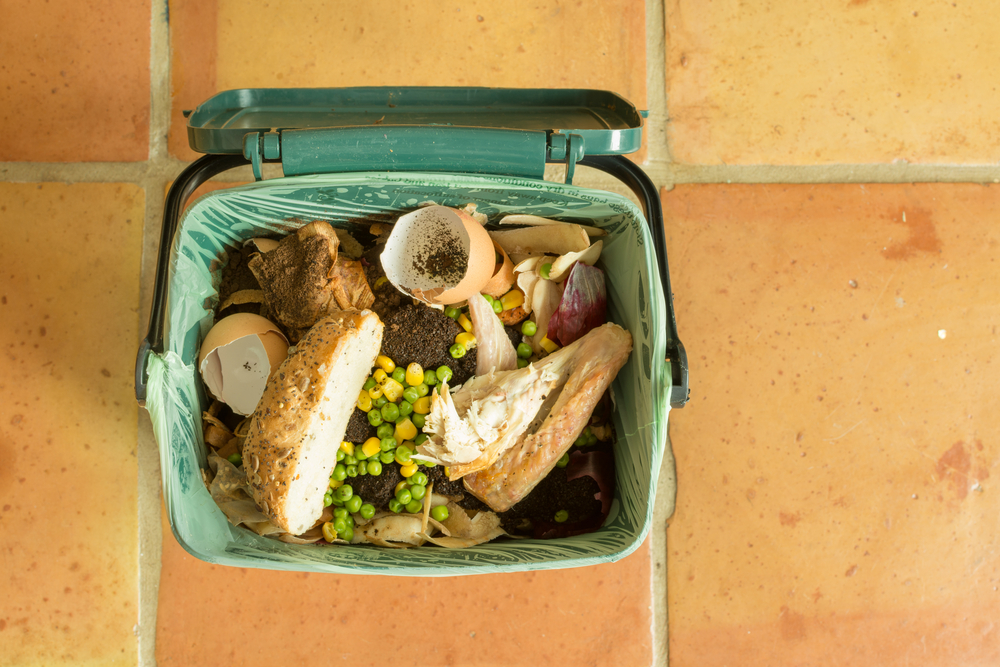Did you know that 1.3 billion metric tonnes of food gets wasted yearly around the world? Italy is the latest country to take a stand and legislate food wastage reform.
The sheer volume of food wastage around the is disturbing, especially in a world where food insecurity and starvation is a reality for many. Not to mention the environmental impact of wasted food ending up in landfills where it decomposes and produces methane gas leading to increased global warming.
Italy will soon pass a law that forces supermarkets to donate all of their unsold and waste food to charities.
As reported by SBS, Italy currently faces a "€12 billion ($17.9 billion AUD) waste problem when it comes to thrown out unused, unsold food. With this new legislation, the Italian government hopes to remedy the problem."
Until a few years ago the colossal scale of food waste was largely unaddressed but has now come into the spotlight globally.
Italy isn't the first country to embrace the issue either. Earlier this year France introduced a ban on supermarkets throwing away or destroying unsold food, forcing them instead to donate it to charities and food banks.
Now, French supermarkets with a footprint of 400sq metres (4,305 sq ft) or more, have to sign donation contracts with charities or face a penalty of €3,750 ($5, 500 AUD).

Image: Shutterstock
Unlike France, who at present only impose a fine upon supermarkets seen to be wasting or dumping produce, Italy aims to combat the problem by providing incentives for supermarkets to donate their food.
These incentives include:
- Offering reductions on rubbish taxes, depending on how much each supermarket gives to charity
- Waving the need to declare food donations in advance, so that supermarket can alter their donations based on their stock and a food's expiration date.
- Providing leeway with donating food after its 'best before' date.
"We are making it more convenient for companies to donate than to waste. We currently recover 550 million tonnes of excess food each year but we want to arrive at one billion in 2016,"- said Italy's Agricultural Minister, Maurizio Martina, to La Repubblica
The bill has received great bipartisan support in the Italian government and is expected to pass soon.
Another interesting food waste initiative is the world's first ever food surplus supermarket which recently opened in Copenhagen.
The store, WeFood, aims to reduce the 700,000 tonnes of food waste created by Denmark's population yearly, by selling surplus foods at 30 to 50 per cent cheaper than average supermarkets. The only catch? The food has passed its official expiry date or has damaged packaging that would've caused it to be thrown away at a regular store.
WeFood have formed working arrangements with major supermarket chains, butchers, fruit importers and 'nut bars' across Denmark to collect leftover food for sale at the surplus supermarket.
Read more: Denmark opens world's first food waste supermarket

Food gets wasted for many reasons. Between the time that it leaves farms and reaches our homes, food goes through a number of processes that make up a long supply chain and food is lost at every step of the way.
We have focused on a few different areas of food waste before and what you can do to combat it. Here's a few articles you can read for ideas:
[Infographic] "Food waste facts to make you think twice"
How to understand food expiration dates to avoid waste
What To Do When You've Bought Too Much Food
10 perfectly good food scraps you're probably throwing away
How to turn food scraps into cleaning material
Header Image: Shutterstock

